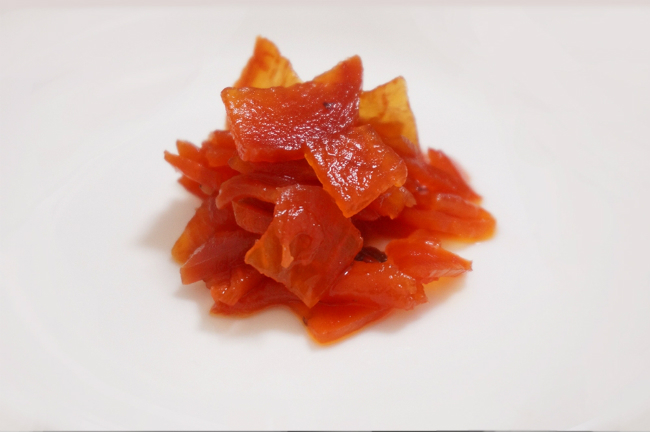Naoko Waki of Kagome Co., Ltd. in Japan and colleagues reported that bacteria found in a traditional Japanese pickle can prevent flu.
The flu prevention comes from the presence of Lactobacillus brevis bacteria in suguki, a pickled turnip that is popular in Japan.
Trials in mice have demonstrated that the Lactobacillus brevis strain of bacteria produces resistance to infection by the H1N1 flu. The resistance was sufficiently strong to prevent flu.
Unlike most bacteria, the Lactobacillus brevis can withstand the acidic environment of the mammalian stomach. This unique ability allows the bacteria to enter the digestive system and eventually the blood and cellular system preventing flu at a cellular level.
The bacteria increase the production of immune system molecules in the body that are specific to fighting flu.
Human trials are presently underway to determine if a probiotic drink with the Lactobacillus brevis bacteria can confer the same flu prevention to people that it did in mice.
The researchers foresee applying this technology to the H7N9 flu and other viral infections.
If successful, the company projects that suguki may become the new food that prevents the various forms of flu that are presently active in people and potentially new forms of flu that develop from adaptation to pharmaceuticals.








